Upgrade to Energy-Efficient Water Heating Solutions
Water heaters are essential appliances that provide hot water for residential and commercial use. They come in various types, including tankless, storage tank, heat pump, and solar-powered models, each designed to meet different needs and preferences. Proper installation and maintenance are crucial to ensure efficient operation and longevity of these systems.
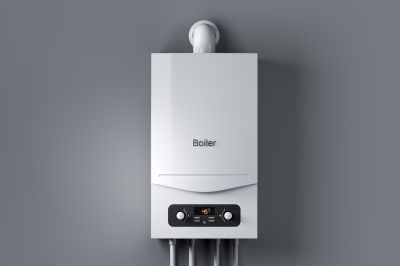
Tankless water heaters heat water on demand, providing a continuous supply without the need for a storage tank.
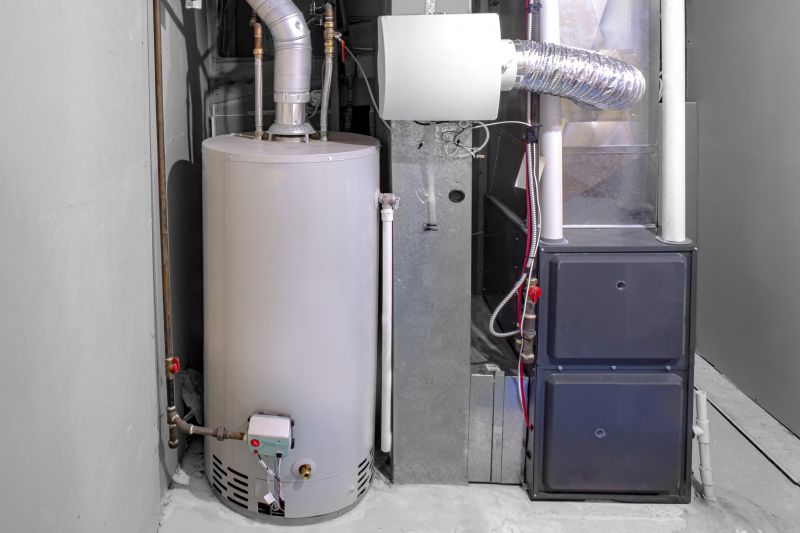
Storage tank models store hot water in a tank, making it readily available for household use.
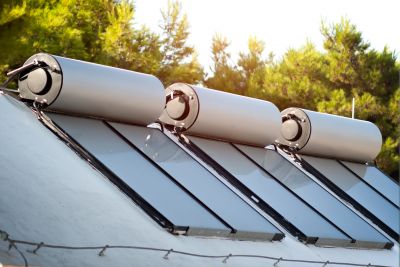
Solar-powered systems utilize sunlight to heat water, reducing energy consumption and utility costs.
Understanding the different types of water heaters helps in selecting the appropriate system for specific needs. Tankless models are known for energy efficiency and space-saving design, while storage tanks are popular for their simplicity and capacity. Solar options are increasingly common for those seeking alternative energy sources, although installation complexity and initial costs vary.
Tankless water heaters can reduce energy consumption by up to 30% compared to traditional storage tank systems.
The average lifespan of a water heater is around 8-12 years, depending on usage and maintenance.
Water heating accounts for approximately 18% of household energy use, making efficient systems important for energy savings.
Initial costs for tankless systems are higher, but long-term savings on energy bills can offset the investment.
Proper installation of water heaters involves assessing the building's hot water demand, selecting the right capacity, and ensuring correct venting and safety measures. Professional installation ensures compliance with local codes and optimal performance. The process typically takes a few hours to complete, depending on the system type and existing infrastructure.
Hiring a professional for water heater installation and replacement is advisable to prevent issues such as leaks, inefficiency, or safety hazards. Experienced technicians can accurately size the system, connect plumbing and electrical components properly, and ensure the unit operates safely and efficiently.
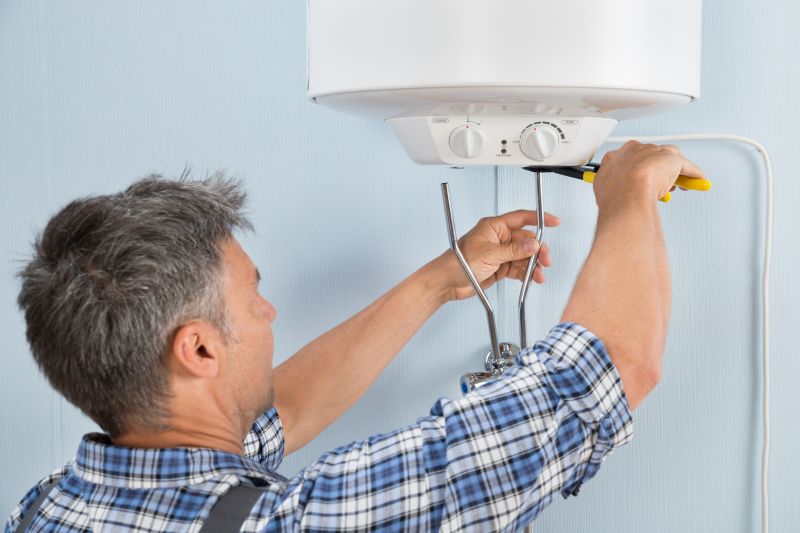
Expert technicians ensure proper setup, safety, and compliance with local standards.
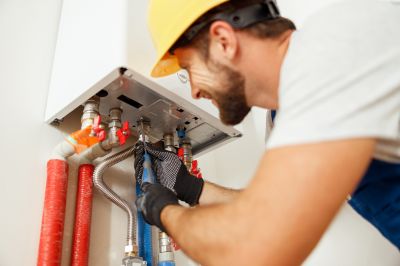
Showcases professionally installed systems that are ready for use.
The installation process involves removing the old unit, preparing the site, connecting plumbing and electrical systems, and testing the new water heater for proper operation. Regular maintenance and inspections can extend the lifespan and ensure continued efficiency of the system.
For those interested in upgrading or installing a new water heater, filling out the contact form provides an opportunity to receive a detailed quote and professional guidance tailored to specific needs.
